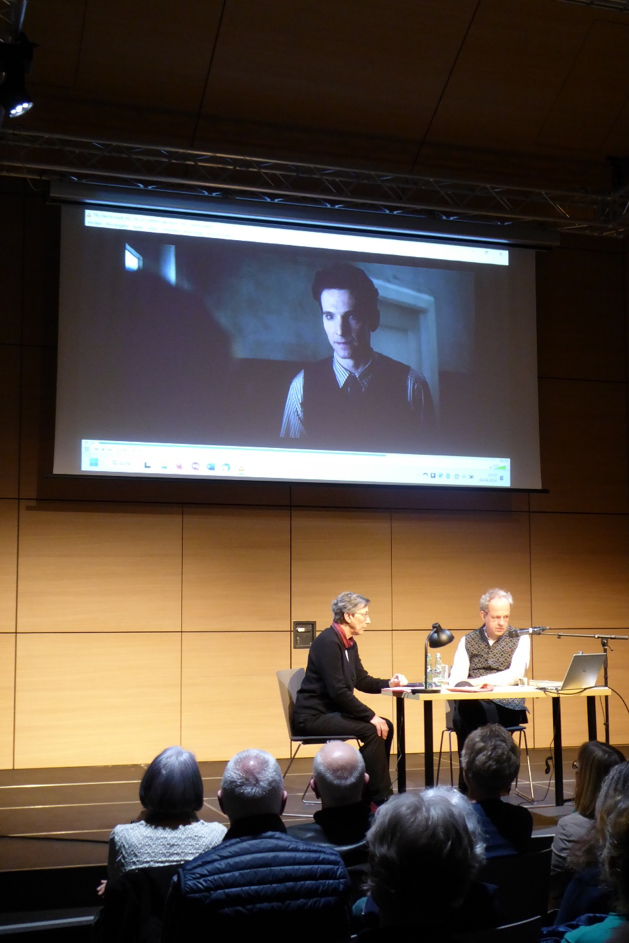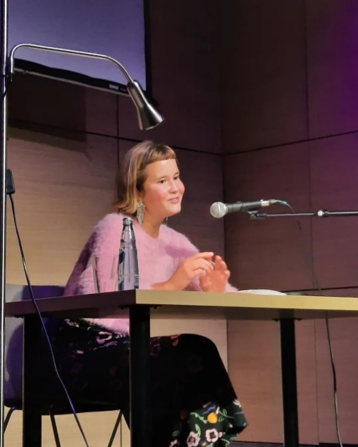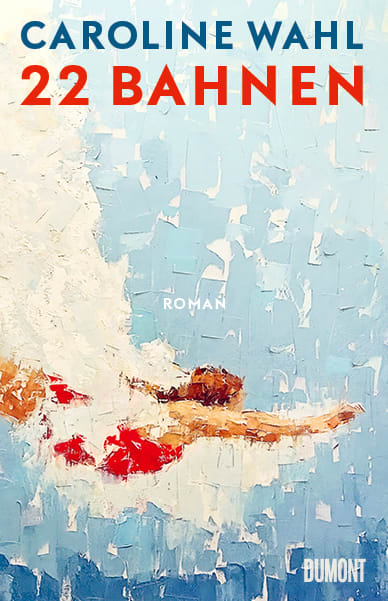
By Helen MacCormac
This year marks the centenary of Franz Kafka’s death. Although he is one of the most influential figures of the 20th century, no one had ever heard of him when he died in 1924. Now, 100 years later, the man who brought us Gregor Samsa is being celebrated around the world. Events include everything from a “Kafka tram” to festivals, TV series and a brand-new film.
Oxford University has conjured up #OxfordKafka24. The campaign includes “Kafka: Making of an Icon”, a free exhibition at the Bodleian’s Weston Library, which runs from May 30th to October 27th 2024, and a series of academic and public events exploring Kafka’s enduring global appeal.
The Goethe-Institut will be hosting events in 36 countries and has also brought out a video game called “Playing Kafka”, which explores the world of the literary genius.
One person who started celebrating early is German author Michael Kumpfmüller. The new film Die Herrlichkeit des Lebens, which came out in March, is based on his novel of the same name. Seizing the opportunity to promote his 13-year-old book, Kumpfmüller contacted literary venues in towns where the film was due to be screened, and set off on a whirlwind reading tour of 40 cities as soon as the film came out. The tour has been a huge success. In Kassel, the Literaturhaus was packed and we could have sold twice as many books if we’d had them.
Kafka is synonymous with dark, nightmarish worlds, but although Kumpfmüller’s book focuses on the end of Kafka’s life, he sheds a bright, almost cheerful light on Kafka’s final year. In the summer of 1923, tuberculosis-stricken Franz Kafka meets 25-year-old Dora Diamant, and within weeks, they embark on a life together amidst the challenges of hyperinflation in the Weimar Republic. Despite the tumultuous times, Kafka and Dora remain inseparable until his death. Beautifully written and meticulously researched, Kumpfmüller’s novel delicately weaves together Kafka’s writings with Dora’s perspective, portraying a man who finds love and seizes control of his life before it’s too late.
Kumpfmüller, who was invited to accompany the filmmaking process, is a great storyteller on stage too. He shares anecdotes about how he discovered Kafka as a love-struck teenager or was inspired to write Die Herrlichkeit des Lebens when he saw a picture of Dora Diamant. Alongside, he reads passages from his novel, alternating between Dora’s and Kafka’s perspectives, and highlights the differences between writing and filmmaking. It’s a fantastic evening, and I’m sure everyone leaves feeling inspired to either read the book or watch the film!
If you missed the film or can’t read German, don’t worry – Kumpfmüller’s book Die Herrlichkeit des Lebens, translated into English as The Glory of Life by the late, great Anthea Bell in 2013, is still available in print ♡.
Michael Kumpfmüller, born in 1961 in Munich and now living in Berlin, is a German writer known for his celebrated novels such as Hampels Fluchten (2000), Durst (2003), and Nachricht an alle (2008). He has won numerous awards, including the Döblin Prize. Die Herrlichkeit des Lebens was published in 2011 and has been translated into 27 languages. Kumpfmüller’s recent novels include Tage mit Ora (2018), Ach, Virginia (2020), and Mischa und der Meister (2022).
The film Die Herrlichkeit des Lebens is directed by Georg Maas & Judith Kaufmann and stars Sabin Tambrea and Henriette Confurius.


